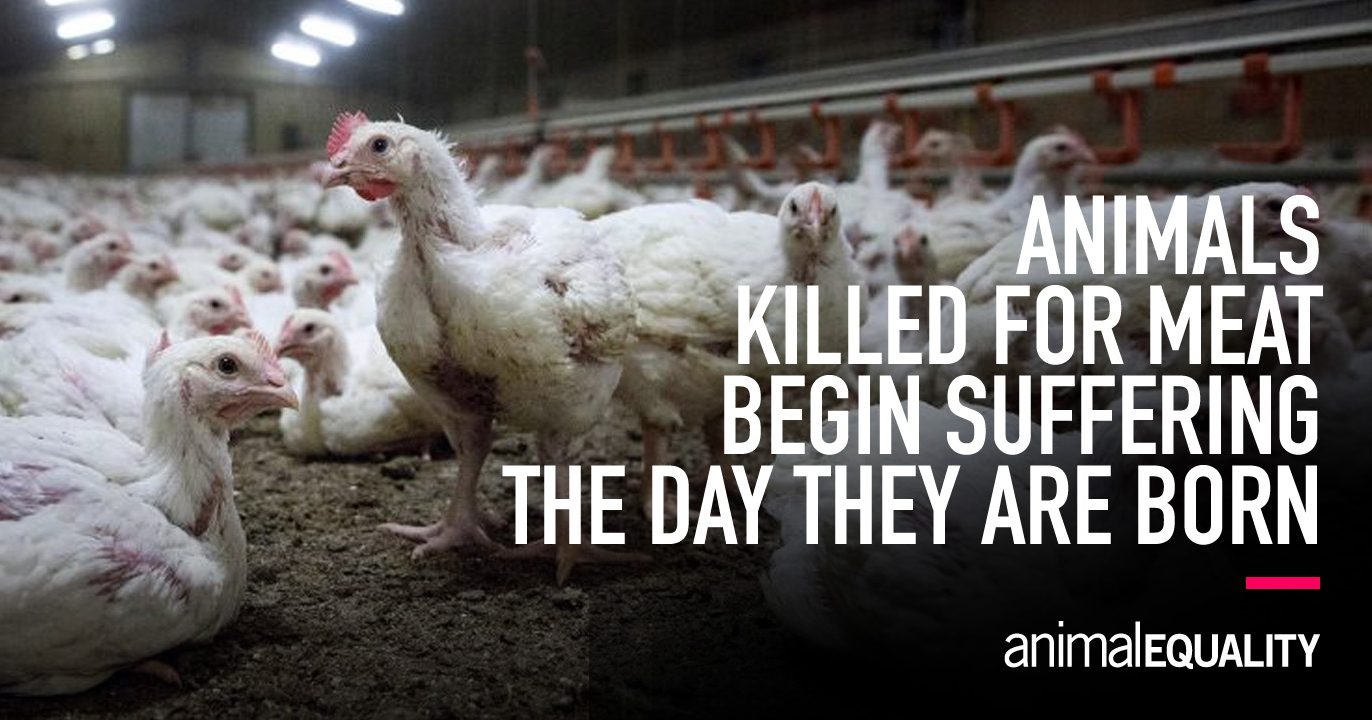In the great tapestry of human existence, the thread of dietary choices is woven intricately with ethical considerations, cultural narratives, and personal preferences. The practice of consuming meat has been a cornerstone of human diets for millennia, yet it raises pivotal questions about animal welfare and cruelty. Is it inherently cruel to partake in the flesh of fellow creatures? Advocates and carnivores alike present compelling arguments that merit a careful exploration.
To examine the question, it is essential to define what is meant by “animal cruelty.” The term encompasses acts that cause unnecessary suffering or death to animals. When one bites into a burger or enjoys a succulent steak, the broader implications of that choice ripple through the fabric of animal welfare. Advocates for animal rights often liken the modern meat industry to a vast, inhumane factory, a behemoth that operates primarily for profit. They argue that the commodification of sentient beings strips away their inherent value as life forms, relegating them to mere products on a supermarket shelf.
Carnivores, on the other hand, often express a different viewpoint. To them, eating meat is ingrained within cultural traditions and biological imperatives. They argue that humans are omnivores by nature, equipped with the evolutionary adaptations necessary to digest both plant and animal matter. This group frequently cites historical contexts where animal protein was not only a dietary staple but a vital source of nutrients—essential for survival in harsh environments. “For hundreds of thousands of years,” they claim, “humans have hunted, fished, and raised animals for sustenance.” These perspectives paint a complex picture of human dietary evolution.
The meat industry, a turbulent sea of production and consumption, operates under a dual narrative. Proponents of meat consumption contend that ethical farming practices exist—where animals are raised in humane conditions and allowed to live fulfilling lives before their ultimate purpose is realized. However, critics argue that these “humane” practices are often marketing ploys, masking the harsh realities prevalent in factory farms. The stark contrast between idyllic images of free-range farms and the grim realities for the majority of farmed animals creates dissonance for many consumers.
In the quest to understand the ethics of meat consumption, one cannot ignore the emotional appeal that connects humans with animals. Animals exhibit a spectrum of emotions, from the playful antics of pigs to the poignant loyalty of dogs. This emotional intelligence, coupled with the ability to experience pain and suffering, raises profound ethical questions. Can one equate the act of slaughter with compassion? Advocates argue that it is an egregious dissonance. They contend that recognizing the capacity of animals for suffering should catalyze a shift in our eating behaviors, moving towards more plant-based diets.
A metaphor often employed in these discussions likens the meat industry to an avalanche—initially small, it gathers momentum and destruction, ultimately becoming too powerful for individuals to halt. Once society accepts conventional meat consumption as normal, stepping away from it becomes exceedingly challenging, despite the clear signs of moral disquiet. This metaphor illustrates the struggle many face in reconciling their diets with their ethical values; it is a conflict that can feel insurmountable.
The dialogue surrounding eating meat also finds its way into cultural realms, inviting a complex interplay of ethical considerations and culinary heritage. Each culture has its own relationship with meat, often rooted in historical necessity or celebration. Festivals laden with rich, meaty feasts serve as a communal bond, a driving force of tradition. Those who enjoy meat often find solidarity in these shared narratives, whispering to their conscience that some practices are simply part of the human experience.
Moreover, there is a burgeoning alternative movement aimed at addressing the ethical dilemmas posed by meat consumption. Innovations in agriculture and food technology are paving the way for lab-grown meat and plant-based alternatives. These products simulate the taste and texture of meat without the ethical quandaries of traditional farming. As society increasingly wrestles with the morality of meat consumption, these innovations hold potential to bridge the gap between enthusiasm for meat and the desire for ethical consistency.
In confronting the question—Is eating meat cruelty to animals?—the answers are neither black nor white. They exist in a spectrum of gray, intermingled with the vibrant hues of ethics, culture, and biology. Advocates for animal rights passionately argue for a profound transformation, while carnivores defend their rightful choice rooted in tradition and survival. Connections to animals and dietary choices run deep, intertwined like vines on a weathered trellis, embracing complexity and contradiction.
As we navigate this multifaceted debate, it’s paramount to cultivate an awareness of how our dietary choices affect the world around us. The conversation about the ethics of eating meat will invariably evolve, influenced by cultural shifts, advancements in food technology, and personal introspection. To engage with this discourse is to step onto a nuanced path—one that demands empathy, inquiry, and a willingness to reconsider our roles within the intricate landscape of life.
In conclusion, whether you take a stake in the carnivore camp or lean toward the advocates, the question of cruelty in meat consumption invites us to ponder the sanctity of life. It beckons us to reflect on the choices we make, the potential for compassion, and the responsibility we bear as stewards of this planet. Navigating the repercussions of our diets necessitates a delicate balance—a harmonization of ethics, sustenance, and coexistence.








